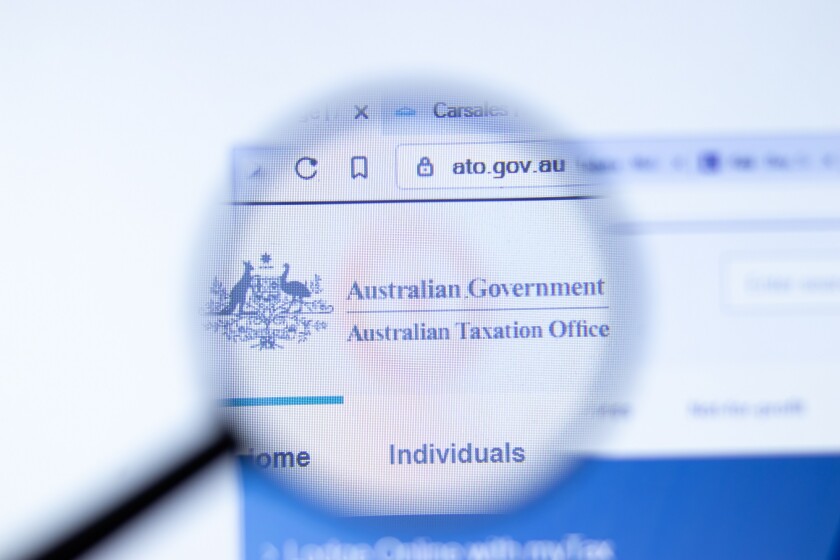Internal emails show at least one other PwC partner shared confidential information from the Australian Taxation Office, reported the Australian Financial Review today, July 10.
It means the tax leaks scandal that has engulfed the firm goes wider than first thought. Until now, it has only focused on one partner, Peter-John Collins, who revealed information about separate legislation to country-country reporting (CbCR).
An unnamed PwC partner reportedly spoke to a senior tax officer at the ATO about CbCR in July 2015. The individual then shared the details via email with their fellow partners and tax directors at PwC Australia, AFR claimed.
“Most off the record so pls [sic] be discreet,” the partner allegedly stressed in the email.
“This will be an opportunity to feed in suggestions which may help influence definitional/interpretation aspects and/or free or defer certain clients from some or all of the [BEPS] Action 13 net(s).
“If you have examples please let [redacted] or me know,” they allegedly added.
At the time, the OECD was working on the CbCR framework and Australia was about to adopt the new standard. This was a major initiative to oblige multinational companies to report their tax arrangements to the revenue authorities.
Australia legislated for CbCR in 2015 as part of its commitment to the BEPS project, but the emails apparently show PwC partners had access to the proposal before it was finalised. Another email from an unnamed partner shared a confidential OECD briefing document in 2014, AFR claimed.
This email was allegedly forwarded to PwC partners in the UK and the US, with the sender warning that the document was confidential and that sharing it outside the firm would embarrass PwC Australia. It is unclear whether the partners who allegedly shared these details had signed confidentiality agreements with the ATO or the OECD.
The ATO has declined to comment on the claims.
Not just Collins
Until now, the Australian tax leaks scandal focused on the case of Collins, a former partner at PwC Australia. He was the head of international tax at the firm until his retirement in October 2022, having worked closely with the Treasury on tax reform.
Collins was later banned, in January 2023, from serving as a tax adviser after the Tax Practitioners Board discovered he had shared government information with colleagues and clients. He is now being investigated by the Australian Federal Police.
PwC Australia and the ATO have maintained since the scandal broke that Collins was the only professional at the firm to directly breach confidentiality agreements by leaking information. However, Collins was one of the recipients of the CbCR email and not the sender, according to AFR.
This is the first time CbCR has been caught up in the leaks scandal. So far, most of the focus has been on whether PwC Australia leaked information on the Multinational Anti-Avoidance Law (MAAL) before it became legislation in 2015.
Last week, two sources told Reuters that the firm shared information about the MAAL with US tech company Google. On Friday, July 7, social media platform Facebook and ride-sharing business Uber claimed they had received information about the MAAL from PwC Australia.
In an official statement, PwC Australia reiterated that it has removed eight partners over the allegations linked to the scandal and that it will take appropriate action.
“It is clear that the conduct of a small number of partners fell short of our expectations, and we are taking all appropriate steps to improve the firm’s culture and standards,” the firm told AFR.
PwC Australia maintains that no government information was used by clients to pay less tax. The firm has also issued an apology to all stakeholders.











